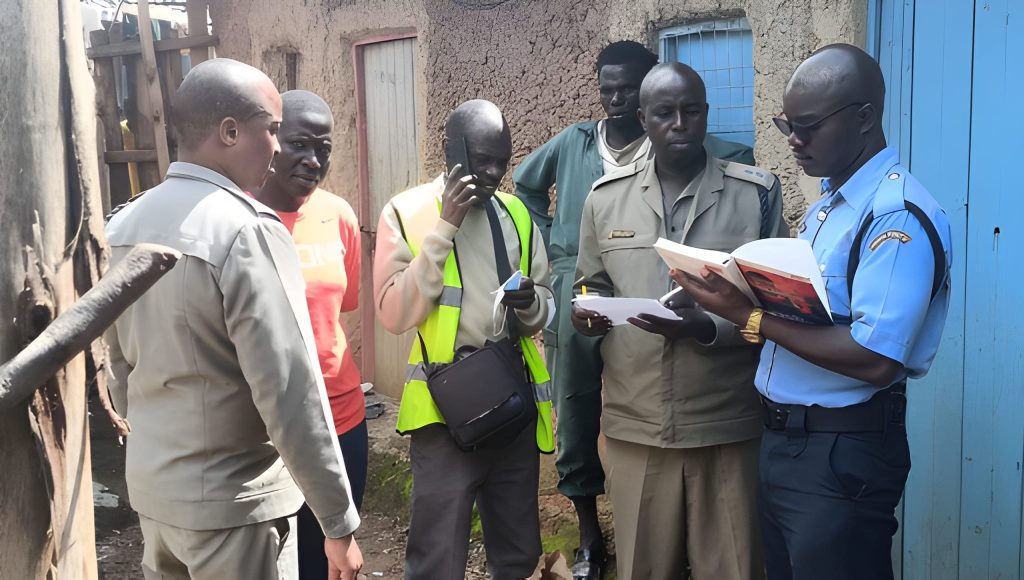As cases of young people in Kenya facing challenges in reproductive health continue to rise, Jonathan Tanui, a reproductive health officer in the Elgeyo Marakwet county believes this is largely due to misinformation on the internet and a lack of access to professional services.
According to Tanui most youths often turn to unreliable online sources, leading them to make harmful decisions.
“The challenge we are facing is that the youth are getting inaccurate information from the internet and believing it to be true. We encourage them to seek professionals for correct information, especially regarding family planning,” said Tanui.
Despite the county government setting up youth-friendly centers in every sub-county, Tanui lamented the low turnout of young people. He urged the youth to visit these centers and learn about family planning.
“I have not seen the youth come to our youth-friendly centers, which are located in every sub-county, despite us encouraging them in schools. I would like to urge them to visit these centers,” he added.
Meanwhile the said young people have attributed this observation to financial barriers, with Dennis Ndereva from Nyahururu highlighting the high costs of reproductive health services as a key challenge.
“Getting reproductive health services from professionals is very expensive, and as young people, this is a major challenge for us,” Ndereva said.
Additionally, experts point to the lack of reproductive health education among older generations, making it harder for parents to communicate effectively with their children. Dr. Nyachira Muthiga, a reproductive health specialist, explained the generational gap in understanding SRHR.
“Older parents were not trained on reproductive health matters and their rights (SRHR), so they were not properly guided when they reached adolescence. This is a major challenge because they don’t know how to communicate with young people,” Dr. Muthiga noted.
On the other hand, Esther Adhiambo, a reproductive health advocate, highlights cultural taboos that prevent open conversations about reproductive health, further hindering youth understanding.
“Many parents are heavily focused on cultural taboos, which prevents them from talking openly about reproductive health and rights (SRHR). This situation needs to change because it deprives young people of the opportunity to express themselves and understand what is happening in their bodies,” Adhiambo stated.
While the youth are aware of reproductive health issues, misinformation, high costs, and cultural barriers make it difficult for them to access proper support. Experts are calling for more open dialogue and affordable services to help young people make informed decisions.








